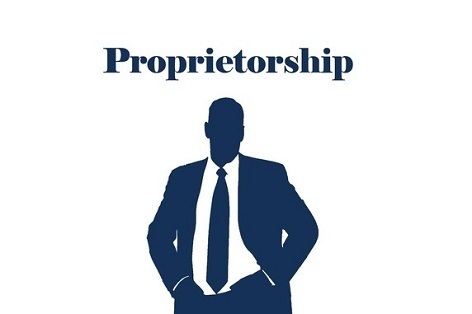Each proprietorship differs in terms of the functions, clientele and the mode of operations. Hence, a couple of the registrations mentioned below will be applicable.
MSME or Udyog Aadhaar registration can be attained by a sole proprietor in the name of the business to establish that the sole proprietorship is registered with the Ministry of Micro, Small and Medium Enterprises.
TAN registration has to be mandatorily attained by the sole proprietor from the Income Tax Department on occasion of the proprietor making salary payments where a TDS deduction is required.
GST registration can be pursued if the sole proprietor sells goods or renders services that cross the GST turnover threshold limit for the purpose of registration. In most of the Indian states, GST registration is mandatory for service providers who make annual revenue of amounts more than Rupees 20 Lakh. Additionally, in the case of traders, the annual revenue of amounts more than Rupees 40 Lakh will invite registration.
Address proof required example rent agreement and electricity bill.
Import Export Code or IE code can be granted by the DGFT in the name of the proprietorship, is the proprietorship is undertaking the business of export and/or import of goods into India.
If the sole proprietorship is involved in selling edible food products or handling food products, FSSAI registration has to be compulsorily acquired from the Food Safety and Standard Authority of India in the name of the sole proprietor.
A current account can be opened in the name of a sole proprietorship through our website in various banks in India.



